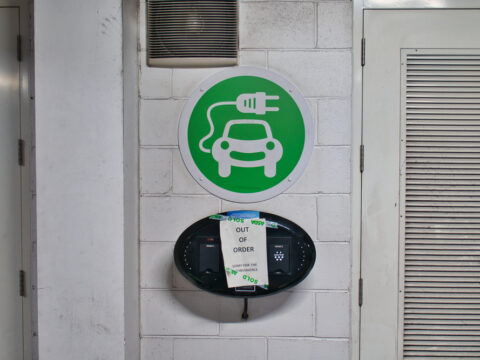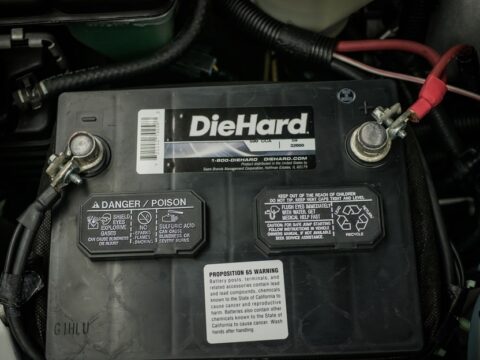Warranties offer peace of mind when it comes to protecting your vehicle, but simple mistakes can easily void this valuable coverage. From neglecting regular maintenance to making unauthorized modifications, many drivers unknowingly put their warranty at risk. It’s important to follow the manufacturer’s guidelines and avoid common missteps that can leave you paying out of pocket for repairs. By staying informed, you can keep your warranty intact and your vehicle protected.
Contents
Ignoring Scheduled Maintenance

Failing to follow your vehicle’s scheduled maintenance plan, as outlined in the owner’s manual, can lead to your warranty being voided. Manufacturers require regular maintenance—such as oil changes, tire rotations, and fluid top-offs—because these are essential to keeping your car in optimal condition. Skipping or delaying these services can be interpreted as neglect, leading to a voided warranty if the vehicle breaks down. To avoid this, stick to the recommended maintenance schedule and keep detailed service records.
Using Aftermarket Parts
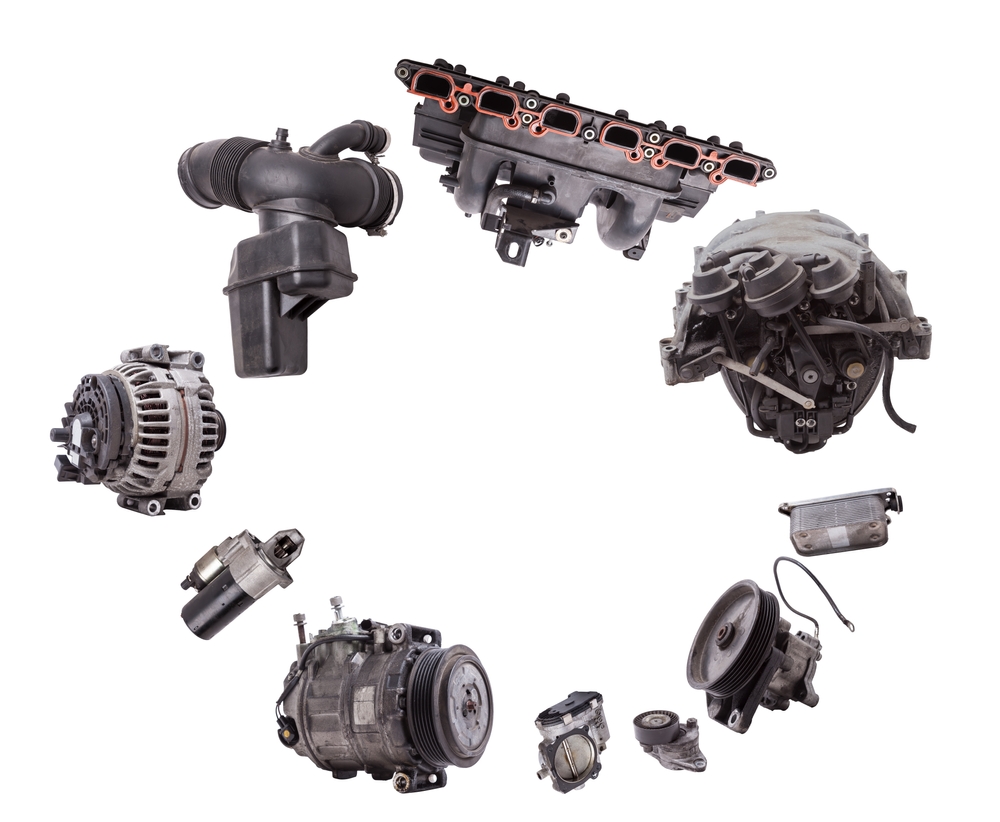
Installing aftermarket parts, especially for critical components like the engine or transmission, can void your vehicle’s warranty. Manufacturers require the use of original equipment manufacturer (OEM) parts to ensure the vehicle operates as intended. Aftermarket parts might not meet these standards, which could lead to damage that the manufacturer won’t cover. If you’re considering upgrades, check with your dealer to see if they void your warranty and opt for OEM parts when possible.
Not Using Approved Fluids
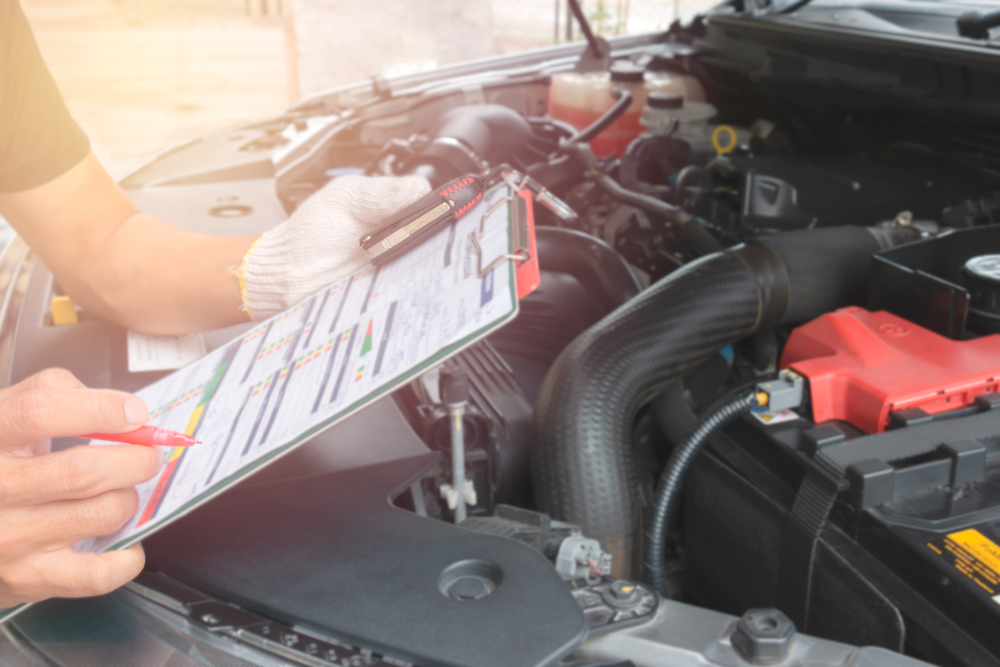
Using the wrong type of oil, coolant, or transmission fluid can result in warranty denial if a breakdown occurs. Manufacturers specify certain fluids for a reason—they are optimized for the vehicle’s design and components. Using non-approved fluids can lead to engine damage or overheating, voiding the warranty. Always refer to the owner’s manual for the correct fluids, and ask your mechanic to confirm that they’re using the recommended products.
Unauthorized Modifications
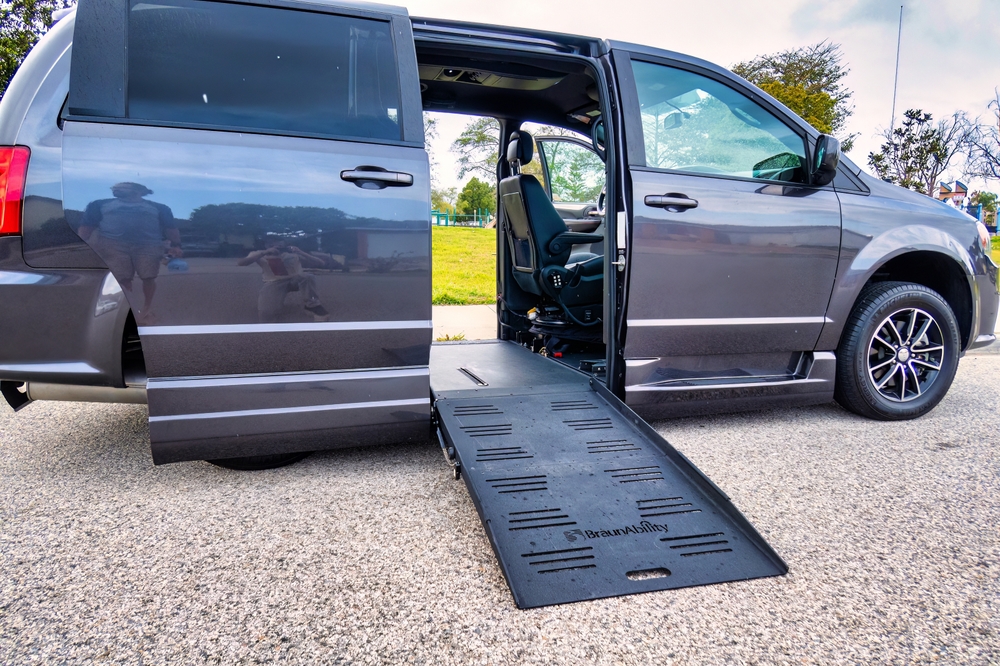
Altering your vehicle’s engine, suspension, or exhaust system without manufacturer approval can void the warranty, especially if the modification directly causes damage. Performance-enhancing modifications like turbochargers or aftermarket suspensions often put extra strain on the vehicle, and manufacturers will not cover repairs caused by these changes. To avoid this, always check your warranty’s fine print before making modifications and consider consulting the dealer for approved upgrades.
Off-Road Use in Non-Off-Road Vehicles
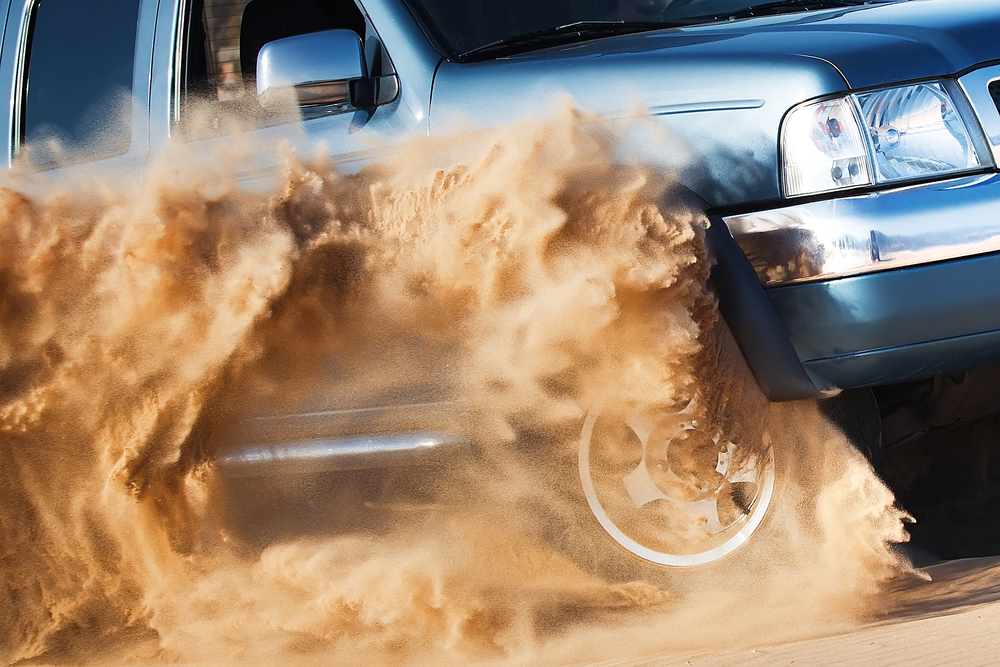
Using a vehicle that is not designed for off-road driving in harsh terrains can lead to severe damage, and manufacturers typically won’t cover repairs under warranty. Driving on rugged terrain, muddy roads, or through deep water can cause engine or suspension failures that will not be covered if the vehicle wasn’t built for such conditions. Stick to the manufacturer’s intended use guidelines and, if off-roading is part of your driving routine, ensure your vehicle is specifically designed for it.
Failing to Address Warning Lights
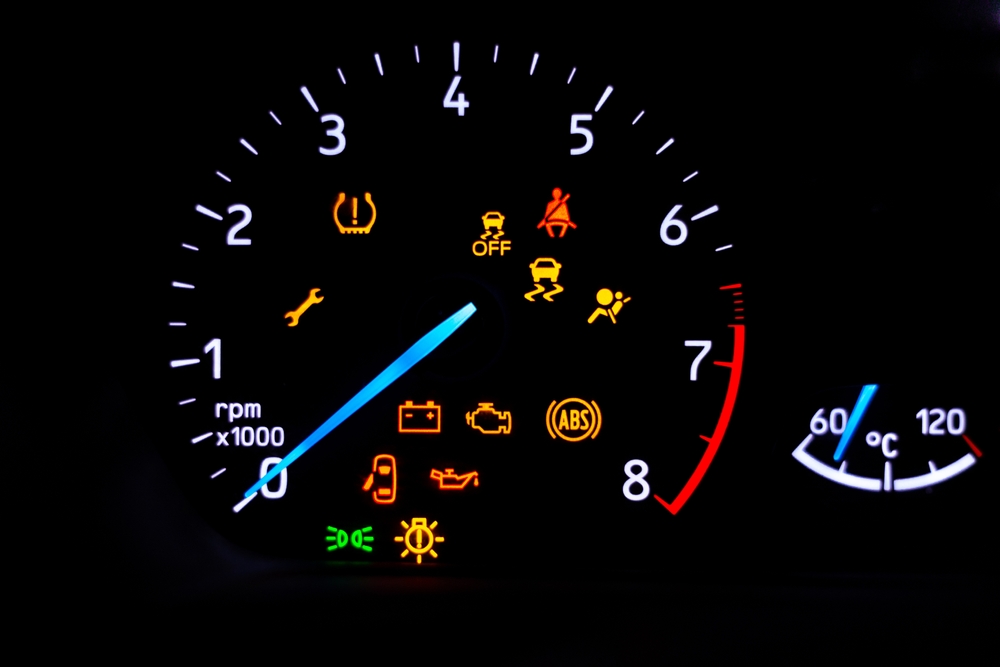
Ignoring dashboard warning lights such as the check engine or oil pressure lights can lead to further damage and void your warranty. Manufacturers expect that any issues signaled by the vehicle’s warning system will be addressed immediately. Delaying repairs can lead to larger mechanical failures that the warranty won’t cover. As soon as a warning light comes on, have the vehicle inspected by a qualified technician to ensure continued coverage.
Racing or Track Use

Using your vehicle for racing, track days, or any other high-performance activity can void the warranty. Racing puts extreme stress on the engine, brakes, and suspension, well beyond what the manufacturer intended. Damage resulting from these activities is considered abuse, and manufacturers will deny warranty claims for repairs. If you plan to take your car to a track, understand that you’re risking voiding the warranty, and consider aftermarket insurance for such activities.
Incorrect Installation of Accessories
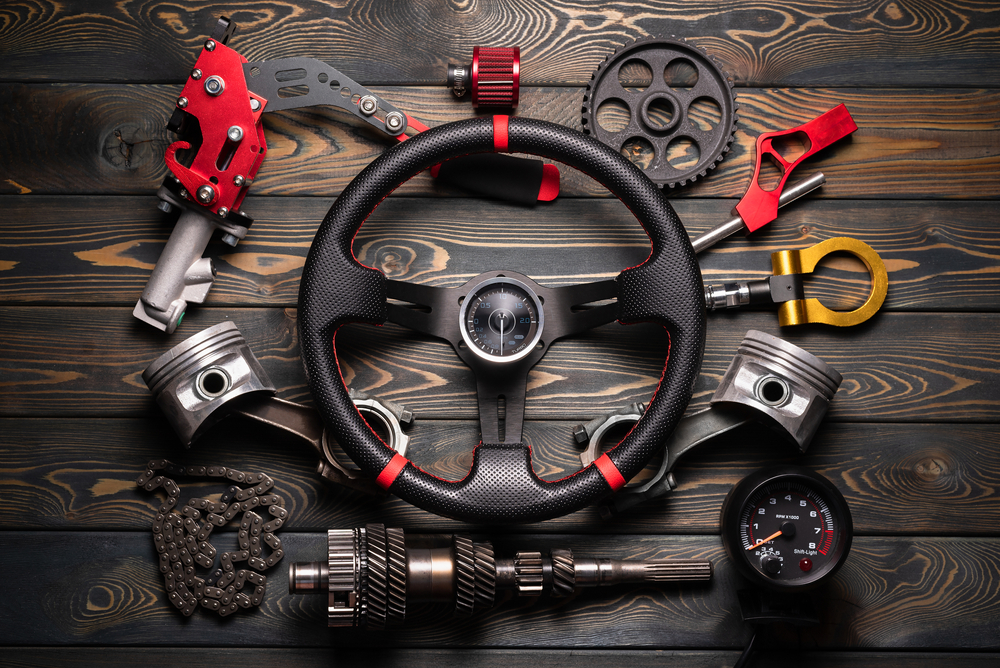
Poor installation of aftermarket accessories like stereo systems, lighting kits, or navigation units can damage your vehicle’s electrical system and void the warranty. Improper wiring or connections can cause shorts, leading to issues with the battery, lights, or other electrical components that the manufacturer won’t cover. Always have accessories installed by certified professionals, and ensure they follow the vehicle’s wiring and installation guidelines to keep your warranty intact.
Towing Beyond Capacity

Towing more weight than your vehicle’s rated towing capacity can cause significant strain on the engine, transmission, and suspension, potentially voiding the warranty. Manufacturers set towing limits based on the vehicle’s design and load-bearing capabilities. Exceeding this limit can result in mechanical damage, which won’t be covered. Always check your vehicle’s towing capacity and use a proper trailer setup to prevent damage.
Not Keeping Service Records
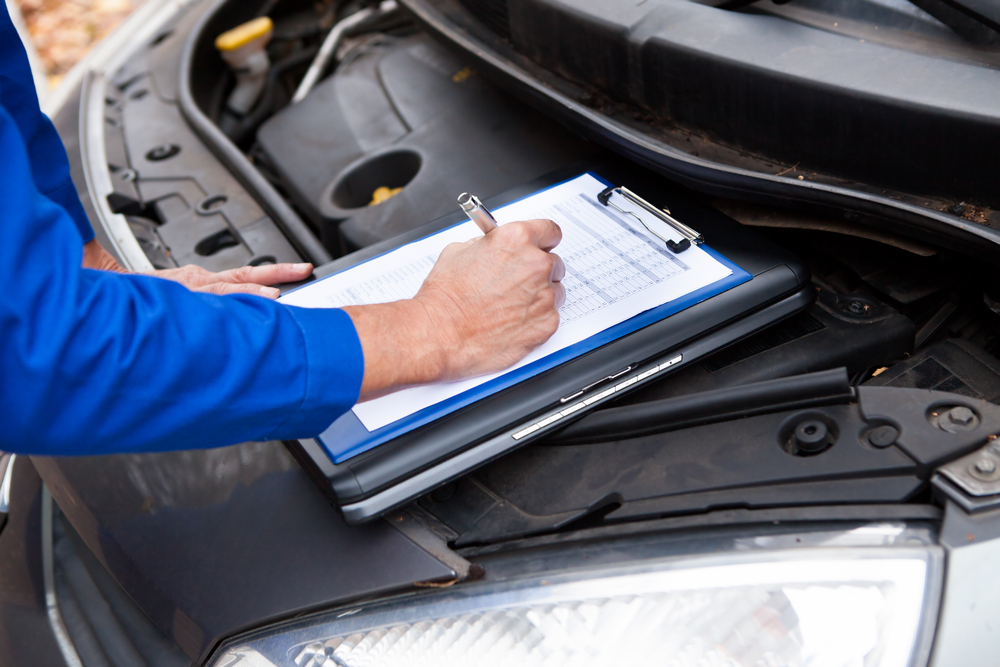
Failing to keep records of your vehicle’s maintenance and repairs can make it difficult to file a warranty claim. Manufacturers often require proof that the vehicle has been serviced according to their guidelines. Without service records, they may argue that improper maintenance caused the damage, voiding your warranty. Keep detailed records of all services, whether done at the dealership or a certified mechanic, and retain receipts for parts and labor.
Using Non-Approved Service Providers
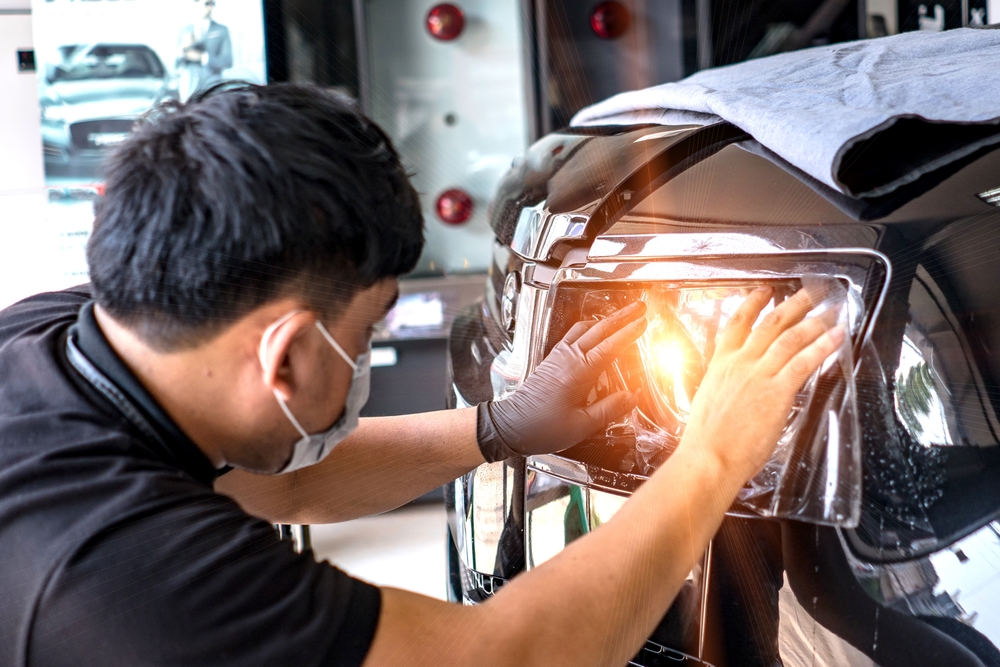
Having your vehicle serviced by a non-approved or uncertified mechanic can void your warranty, especially if the repair or service is improperly performed. While you don’t always have to go to the dealership for maintenance, make sure the mechanic is certified by the manufacturer or follows the exact specifications for service. Choosing an uncertified shop might save money upfront, but it could cost you more in the long run if your warranty is voided.
Overloading the Vehicle

Consistently overloading your vehicle with more passengers or cargo than it’s rated for can lead to excessive wear on the suspension, brakes, and tires, potentially voiding the warranty. Manufacturers design vehicles to handle specific weight limits, and exceeding them can lead to damage that won’t be covered. Always consult your owner’s manual for the vehicle’s maximum load capacity and ensure you’re within the recommended limits.
Failure to Use the Correct Tires
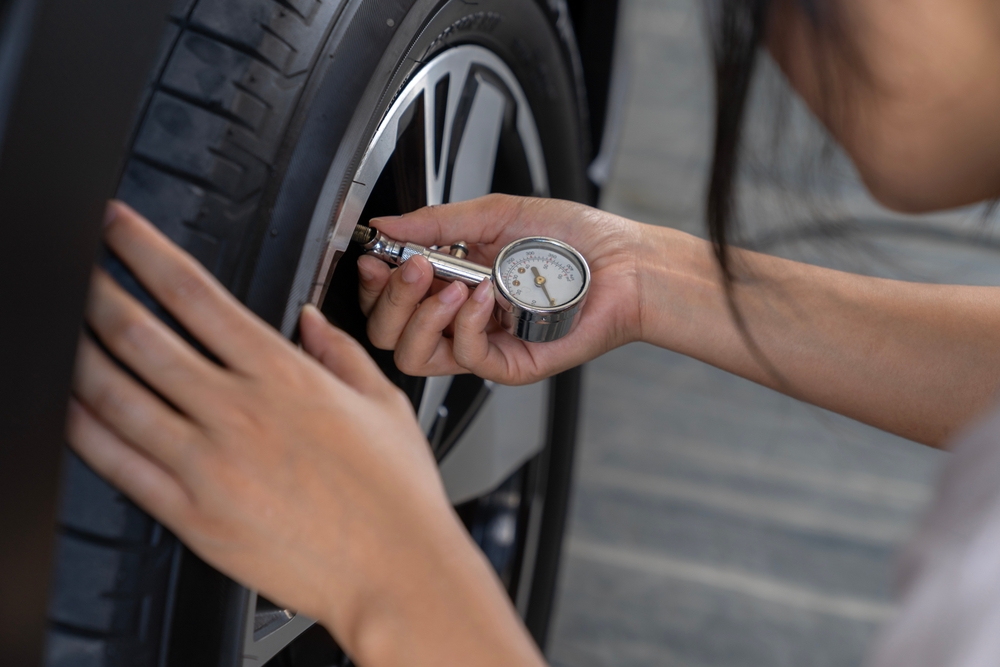
Using tires that are not specified by the manufacturer can affect your vehicle’s performance, safety, and warranty coverage. Incorrect tire sizes or types can lead to uneven wear, suspension issues, or even drivetrain damage. If your vehicle experiences problems related to improper tires, the manufacturer may refuse to cover the repair costs. Stick to the recommended tire specifications in the owner’s manual, and ensure proper inflation and rotation to maintain your warranty.
Neglecting Fluid Leaks
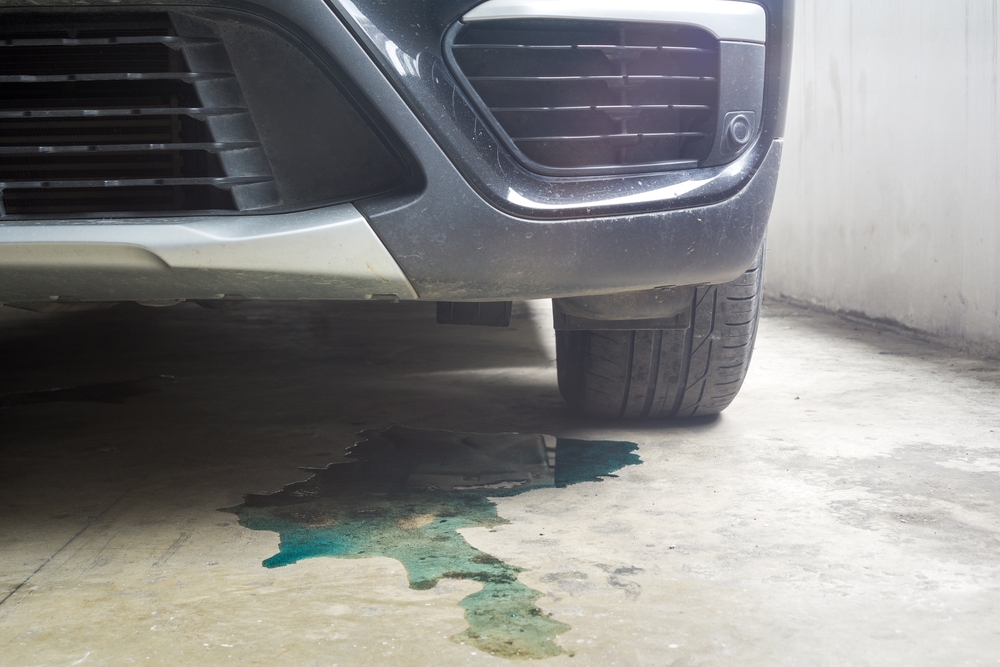
Allowing fluid leaks to go unaddressed for extended periods can cause significant damage to your engine, transmission, or other critical components. Fluid leaks can lead to overheating, friction, and part failures, which the warranty may not cover if deemed neglectful. Regularly inspect for leaks under your vehicle and address them immediately by taking the car to a certified mechanic to avoid serious damage and protect your warranty.
Tampering with the Odometer
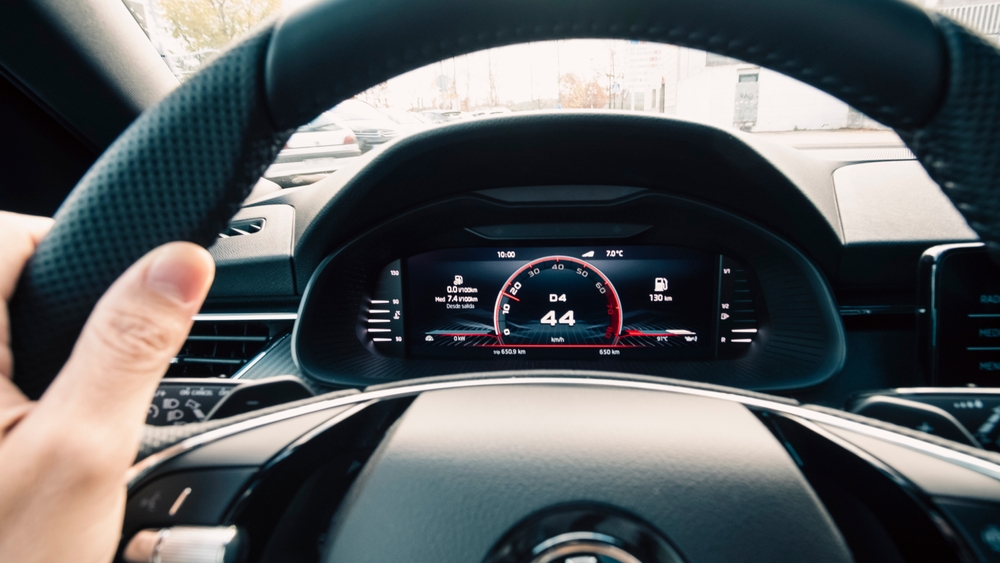
Tampering with or altering the vehicle’s odometer is illegal and will almost certainly void your warranty. Manufacturers rely on the odometer to track the vehicle’s usage and schedule warranty coverage accordingly. If there is evidence that the odometer has been tampered with, the entire warranty may be canceled. Always ensure the odometer is functioning correctly and never attempt to reset or alter the mileage.
Skipping Timing Belt Replacement
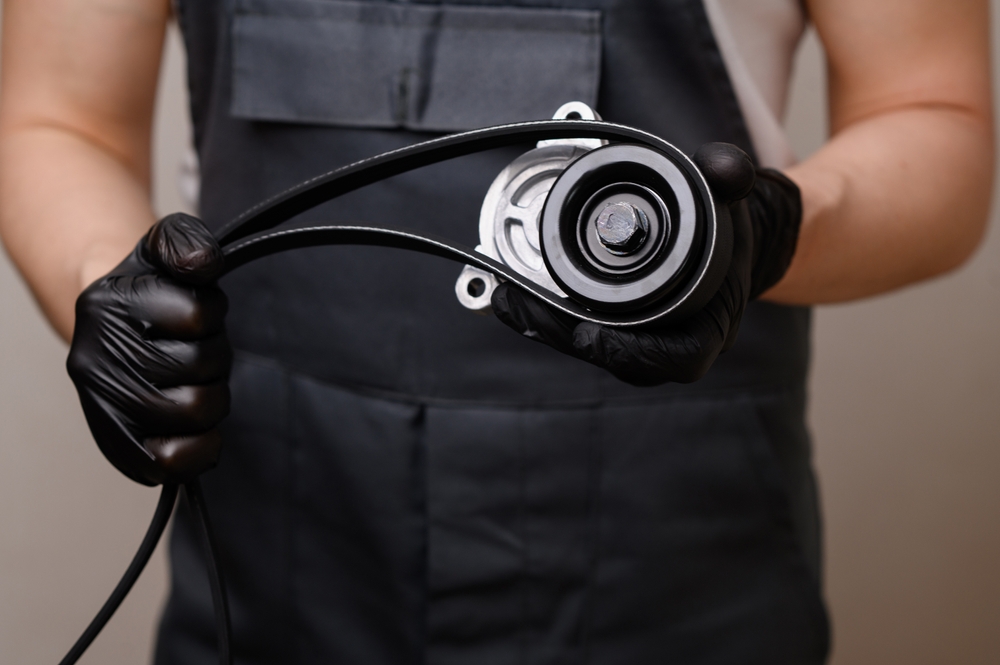
Failure to replace your timing belt at the recommended interval can lead to catastrophic engine damage, which manufacturers won’t cover under warranty if the failure is due to neglect. The timing belt controls the engine’s internal timing, and if it fails, it can cause the valves and pistons to collide, resulting in major engine damage. Follow the manufacturer’s guidelines for timing belt replacement, and never delay this crucial service.
Using the Wrong Fuel
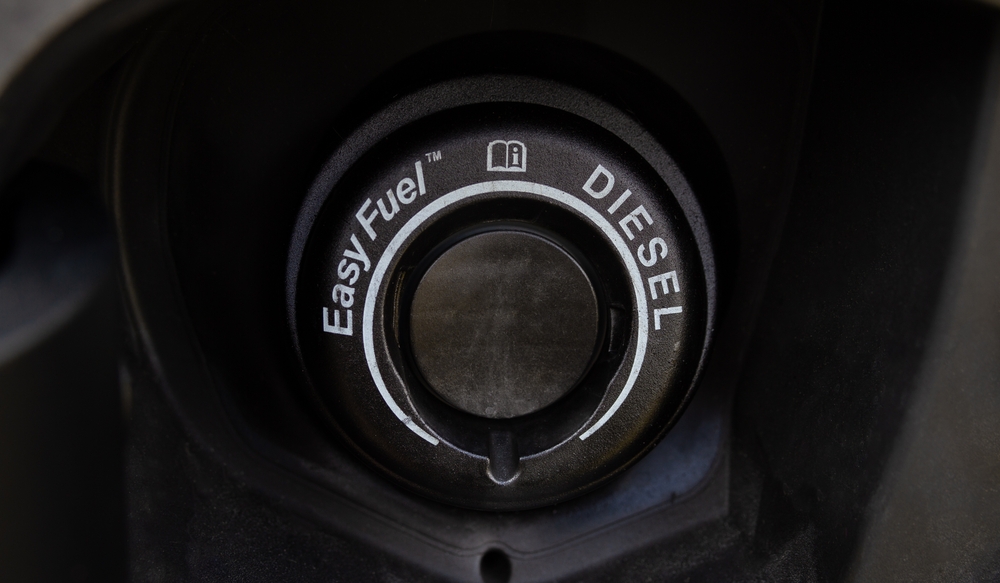
Filling your vehicle with the incorrect type of fuel, such as using regular gasoline in a car that requires premium, can cause engine knocking, reduced performance, and long-term damage. If engine damage is linked to using the wrong fuel, your warranty claim may be denied. Always follow the fuel recommendations in your owner’s manual to ensure the engine operates correctly and your warranty remains valid.
Unauthorized Software Tuning
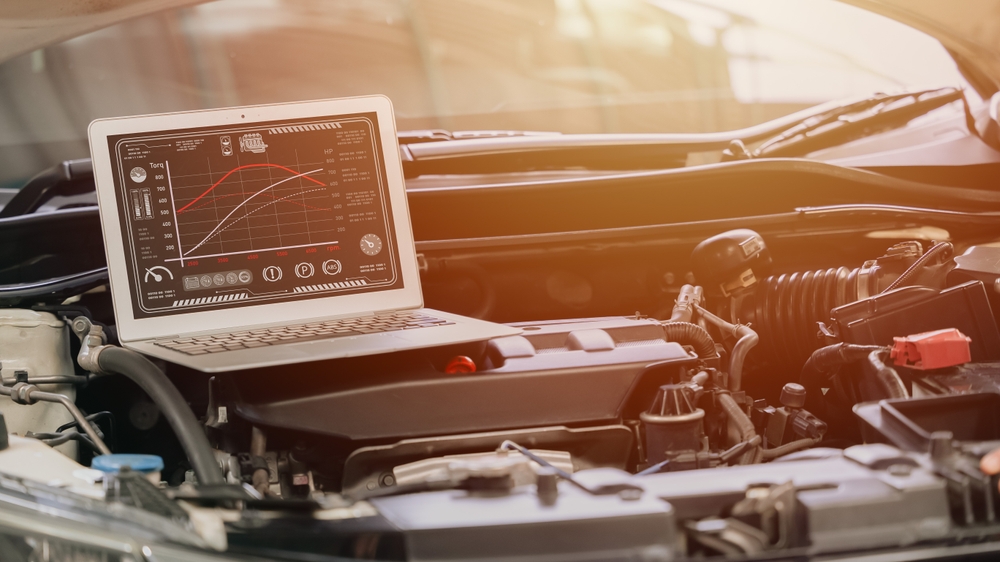
Tuning or reprogramming your vehicle’s engine control unit (ECU) can void the warranty, especially if the tuning leads to engine damage or increased wear on other components. Manufacturers design their ECUs to optimize performance and longevity, and altering this balance can cause problems with the drivetrain, fuel system, or emissions controls. If you want to enhance performance, consult the manufacturer about approved modifications, or understand the risks before tuning.
Neglecting to Replace Air Filters
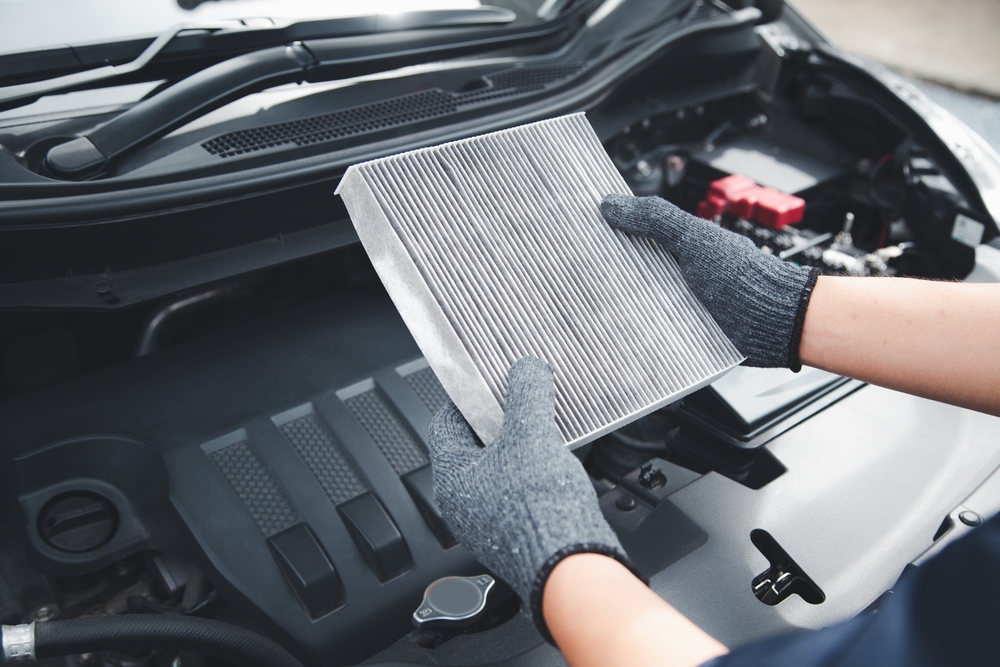
Air filters play a critical role in maintaining engine performance by preventing dirt and debris from entering the engine. Failing to replace them regularly can lead to poor engine performance, higher fuel consumption, and even engine damage. If the damage is linked to neglecting this simple maintenance task, it could void your warranty. Replace air filters at the intervals specified in your manual to ensure the engine remains in good condition.
Allowing the Vehicle to Overheat
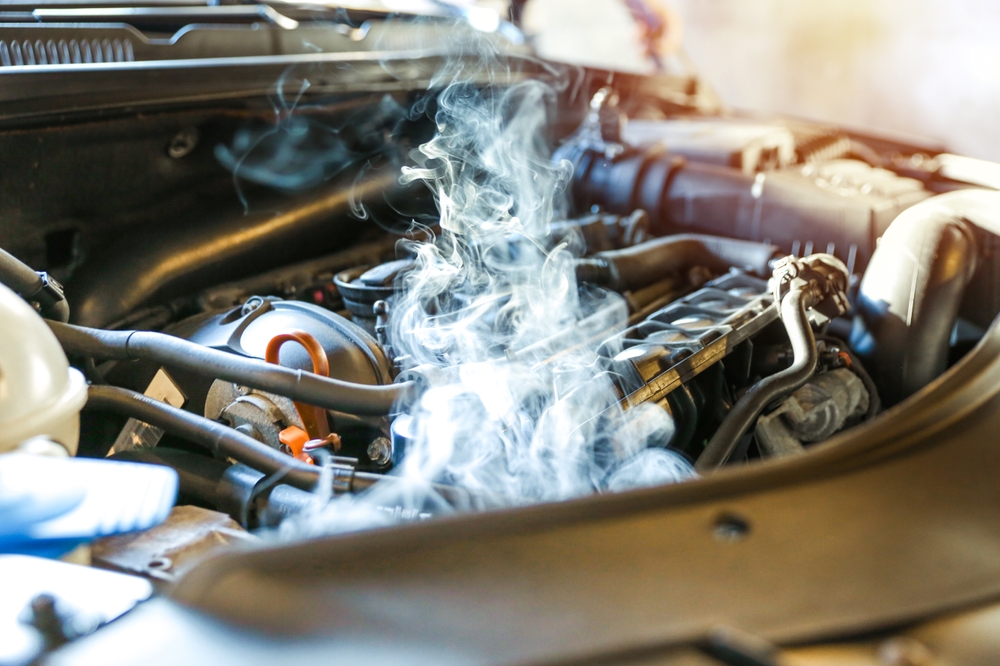
Ignoring signs of overheating, such as rising temperature gauges or steam from under the hood, can lead to severe engine damage. If overheating is caused by a lack of maintenance—such as a failure to address coolant leaks or replace a failing radiator—the manufacturer may deny warranty coverage. Pay attention to your vehicle’s temperature and immediately address any cooling system issues before they lead to expensive, non-warranty-covered repairs.
This article originally appeared on MyCarMakesNoise.
More from MyCarMakesNoise
18 Underrated Motorcycles with Surprising Performance

When it comes to motorcycles, some of the best rides often fly under the radar. In this list, we’re highlighting 18 underrated motorcycles with surprising performance that deserve more recognition. Read More.
15 Compelling Reasons to Postpone Your Electric Car Purchase

Thinking about making the switch to an electric car? While the idea is exciting, there are a few important factors to consider before making the leap. In this article, we’ll explore 15 compelling reasons why you might want to hold off on purchasing an electric vehicle just yet. Read More.
20 Elusive Muscle Cars You’ll Only See in Your Dreams
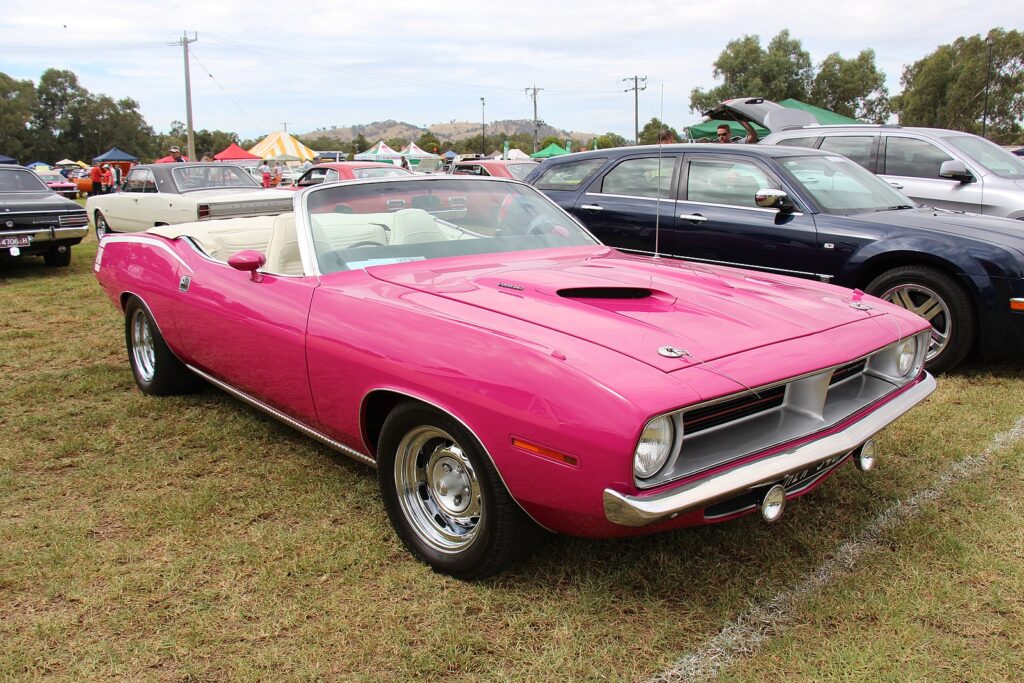
Muscle cars are the epitome of American automotive power and style, capturing the hearts of enthusiasts and collectors alike. In this article, we explore the rarest and most coveted muscle cars ever made. Read More.


